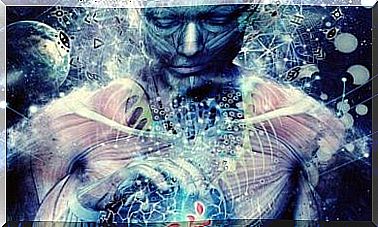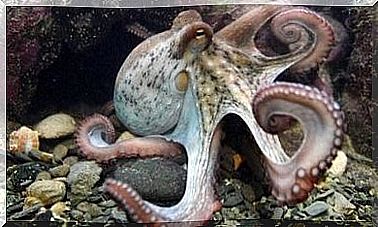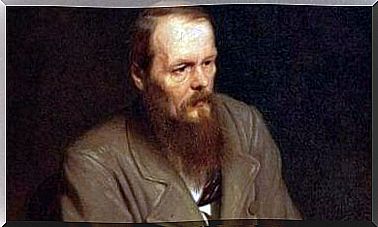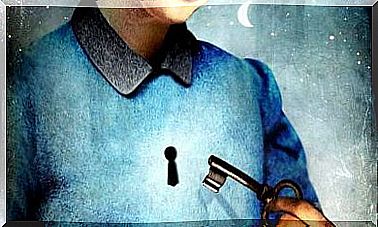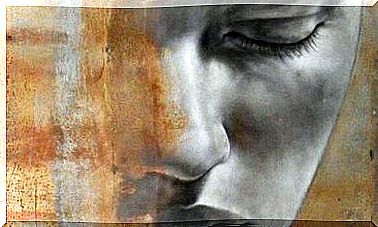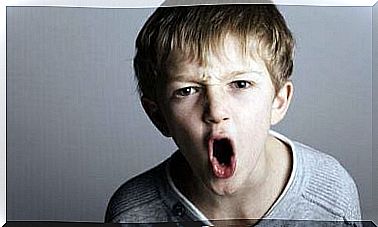Historical Figures Suffering From Depression
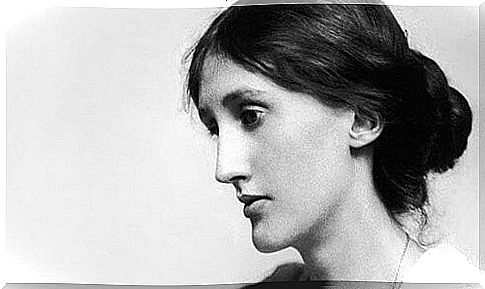
There have been many historical figures suffering from depression, but this did not stop them from achieving great successes or from making their dreams come true. From the abolition of slavery to the writing of great novels, to the ability to give a smile to others at any cost… They observed and gave light even though they were surrounded by darkness. Today we will talk about 8 historical figures suffering from depression.
Some historical figures have suffered from depression, but have nevertheless been able to find the strength, motivation and energy needed to make their mark on the world.
8 historical figures suffering from depression
1- Abraham Lincoln (1809-1865)
Abraham Lincoln, the sixteenth president of the United States, had a lifelong struggle with depression. At the time, this mood disorder was also known as melancholy, and so his peers described him as an extremely melancholy and stern-eyed person. But it was this disturbance that gave him the courage to become one of the most emblematic figures of the American Civil War.
Sometimes Lincoln’s depression was accompanied by panic attacks, especially since he started practicing as a lawyer in Illinois.
From studying his family tree, we know that the Lincoln family was predisposed to depression. But what started a major depressive period for Lincoln was a great love, the death of his sister and that of a close friend.
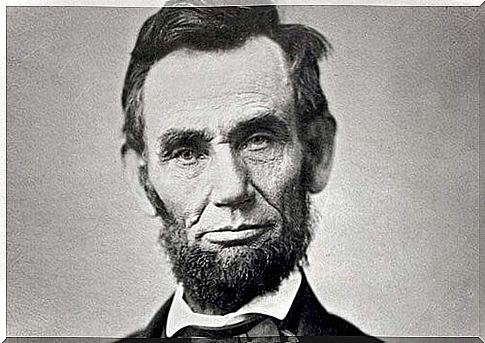
2- Edgar Allan Poe (1809-1849)
The well-known horror writer suffered from depression and alcoholism. Many of his stories were inspired by tragic experiences that had marked his life.
The nightmares and hallucinations always present in his life. The French poet Charles Baudelaire, in fact, wrote about Poe that he was born under the sign of bad luck.
The father left the family when little Edgar was only one year old; a short time later his mother died of tuberculosis. Poe and his brothers were left orphans. His older brother was adopted by his grandparents, while he and his younger sister by two loving couples.
Because Poe is one of the historical figures suffering from depression
Edgar was educated at one of the best schools in the United States and soon showed off his great writing skills. However, he also exhibited impulsive behaviors and an angry disposition, accompanied by excessive alcohol consumption. Alcoholism, along with drug use, caused his premature death at the age of 40.
Yet, the deep depressive states and emotional ups and downs gave him boundless creativity, thanks to which he devoted himself to writing for hours, according to what he himself told.
3- Charles Dickens (1812-1870)
One of the greatest English writers of all time, his best known works include Oliver Twist and A Christmas Carol.
Charles Dickens had a very happy public life, but a private and personal life marked by profound unhappiness, the result of a depressive state of mind. Some of his acquaintances claimed that at times he was invaded by a deep sadness.
4. Lev Tolstoy (1828-1910)
In the last years of his life, the Russian writer and critic had to face a severe form of depression, according to the analyzes of several psychologists and psychiatrists.
After the writing of War and Peace , he let himself be overwhelmed by a period of deep depression that reached its peak during the final draft of Anna Karenina , according to the testimonies of relatives and friends.
He thought of death and the possibility that there would be nothing afterward. Shortly before he died of pneumonia at the Astapovo train station, he left his home and started begging.
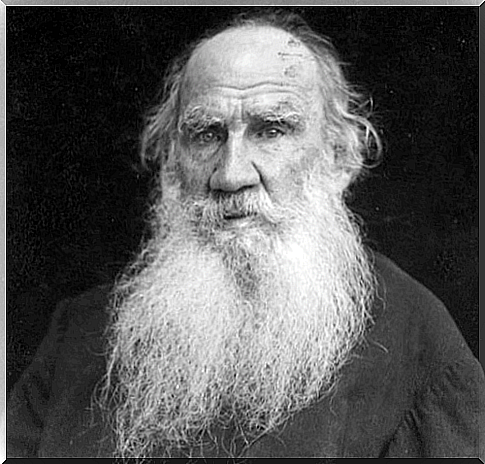
5- Winston Churchill (1874-1965) among the historical figures of the depression
Winston Churchill, the British prime minister, spoke of his depression as a “black dog”. The diagnosis was made by his primary care physician, who learned of his periods of depression. He came to this conclusion after analyzing his manias, his suicidal thoughts and the insomnia that plagued him.
Churchill spoke openly about his depressive condition. In many letters and in many articles he wrote he spoke of the light vanishing to make room for the darkness, dominant in certain periods of his life.
He also explained that he was able to cope with his depression thanks to creativity: he wrote, painted and dedicated himself to DIY.
6- Virginia Woolf (1882-1941)
The most famous writer of the twentieth century. According to the diagnosis of several psychologists, Wolf suffered from depression and bipolar disorder, which are reflected in her literary work and some of her letters, which were the cause of various hospitalizations.
According to some research, the most acute depressive phases coincided with the completion of his novels. However, his mood worsened after the death of his mother, sister and, two years later, his father.
Virginia Woolf struggled her whole life against depression, but committed suicide on March 28, 1941 by throwing herself into the River Ouse wearing a coat with pockets full of stones.
7- Ernest Hemingway (1899-1961) among the historical figures suffering from depression
The eccentric and famous writer suffered from depression, according to some experts. Later, he was also diagnosed with bipolar disorder and narcissism.
Due to severe depression, Hemingway tried to undergo electroshock therapy, which was followed, however, by severe cognitive impairment that made it difficult for him to continue his activity as a writer.
He resorted to alcohol to hide his suffering. This situation, coupled with low self-esteem, led him to commit suicide in 1961, at the age of 61.
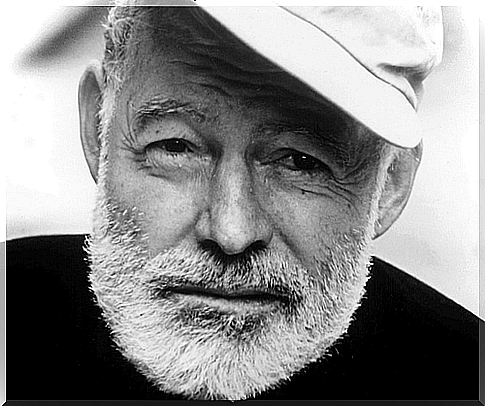
8- Martin Luther King Jr. (1929-1968)
The passionate and charismatic political leader who fought for civil rights all his life suffered from depression from a very young age. As a teenager he had to deal with several depressive episodes, two of which led him to attempt suicide following the death of his grandmother.
The same was true during his time as a political activist; despite this, he always opposed the psychiatrist’s help.
Concluding remarks
Although all of these historical figures suffered from depression, they also managed to change the world in one way or another. Ernest Hemingway, Virginia Woolf, Lev Tolstoy, Charles Dickens and Edgar Allan Poe did it through literature; Martin Luther King, Winston Churchill and Abraham Lincoln through politics.
